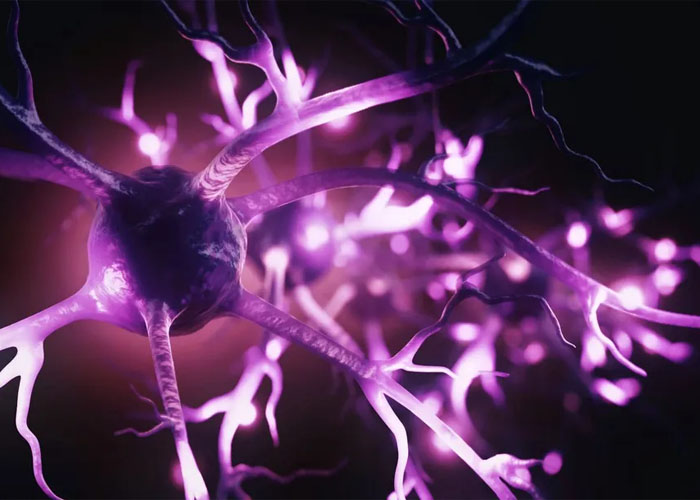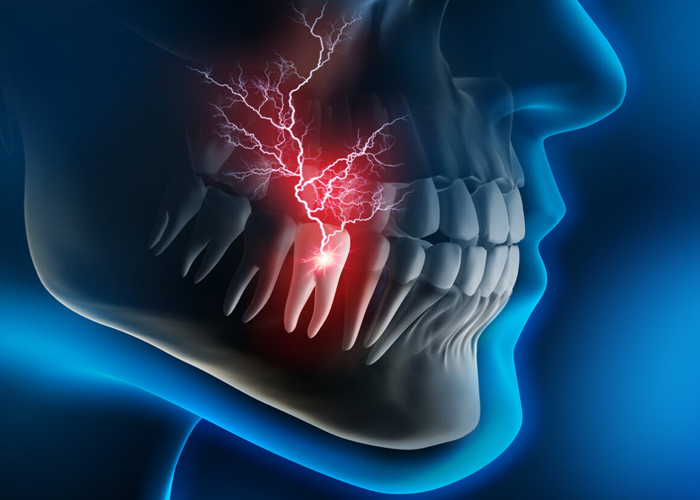Alzheimer’s vaccine is effective in animal tests
On the way to a cure for Alzheimer’s disease, researchers at the School of Medicine at Juntondo University in Japan have developed a new vaccine that destroys proteins associated with cognitive decline in the brain. In animal tests, the formula proved to be effective and promising, reducing the intensity of the condition.
“The new test with the immunization in mice places to a legitimate procedure for impeding or change the issue. The future test will be to accomplish comparative outcomes in people”, says Chieh-Lun Hsiao, one of those liable for the review, in a note. ” In case [one day] the vaccination is compelling in individuals, it will be a significant stage towards moving back the development of the disease or regardless, hindering it,” she adds.
The study against Alzheimer’s will be present, for the first time, during the annual congress of the American Heart Association, which began this Monday (31), in Boston (USA). At the moment, the research has not been publish in any scientific journal.
How does the Alzheimer’s vaccine work?
In the case of the Japanese vaccine against Alzheimer’s, the focus is not on inducing the individual’s immune system to attack a bacterium or virus. In fact, the compound seeks to slow down or interrupt a mechanism that occurs in patients with the disease already diagnosed — new techniques have allowed the diagnosis to be made earlier and earlier.
To do this, the compound induces the immune system to “attack” senescence-associated glycoproteins (SAGP, in English) — a type of protein produced by senescent (aging) cells. In people with Alzheimer’s, concentrations of SAGPs are normally high in glial cells, which are connect with neurons.
Interestingly, the vaccine reduces concentrations of SAGPs and also the beta-amyloid plaque, located in the cerebral cortex, improving overall brain health. Today, these plaques are considered to be primarily responsible for cognitive decline, as they affect the region responsible for language processing, attention and problem solving.
Effects of potential dementia vaccine
In laboratory tests with rodents that have the cognitive disease, the Alzheimer’s vaccine showed great promise, as it reduced beta-amyloid deposits in the brain, as if “sweeping” out the plaques. It also reduced different types of brain inflammatory biomarkers.
In addition, the formula caused behavioral changes in the treated animals. Even with the diagnosis of Alzheimer’s, the vaccinated rodents behaved like healthy mice and had a higher level of consciousness than guinea pigs that did not undergo the treatment.
“Past examinations utilizing various immunizations to treat Alzheimer’s sickness in mouse models were fruitful in diminishing amyloid plaque stores and provocative elements, but what makes our review different is that our SAGP antibody additionally changed the way of behaving of these mice to improve things,” adds Hsiao




